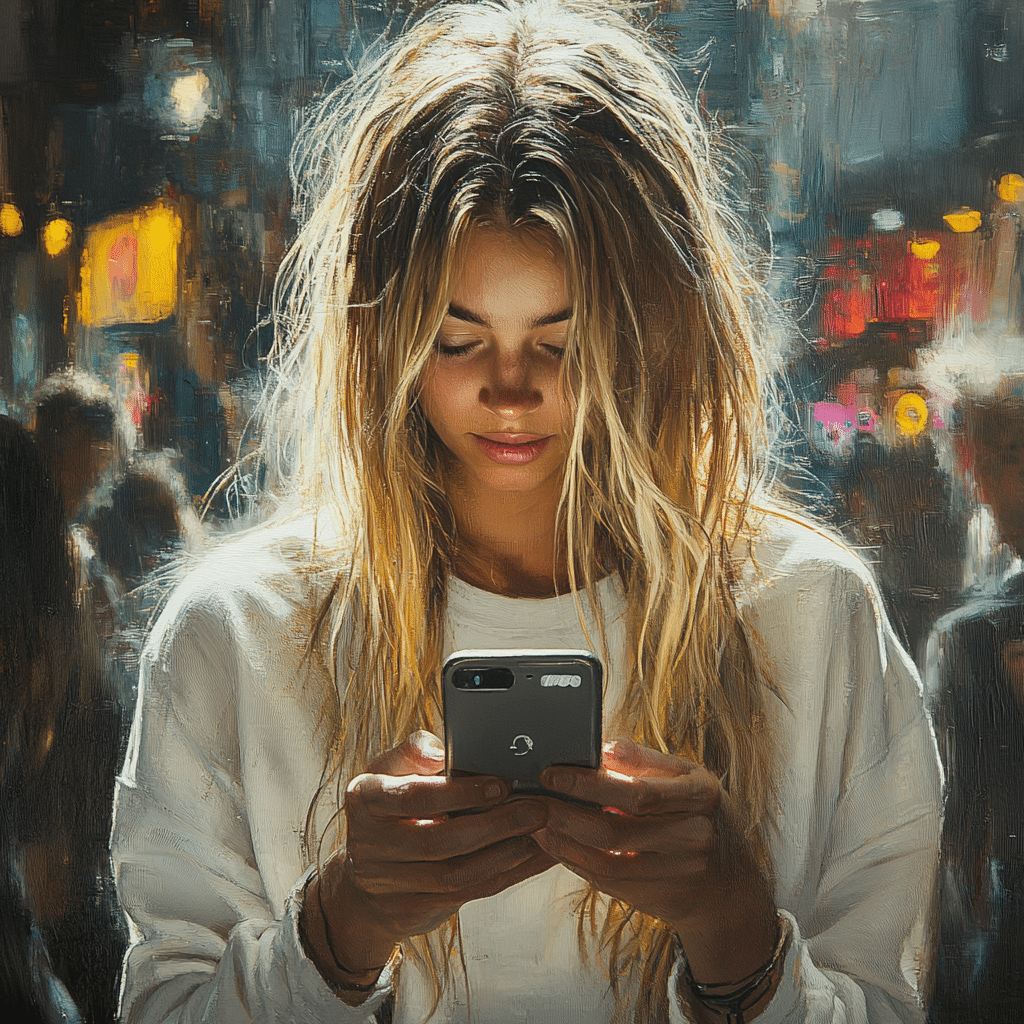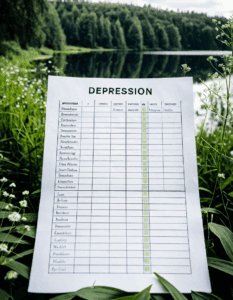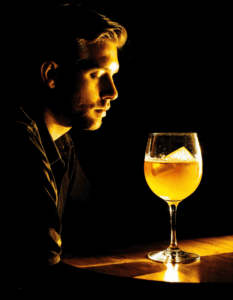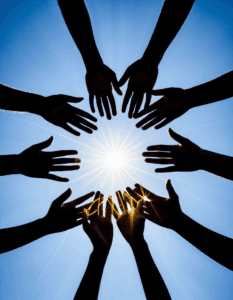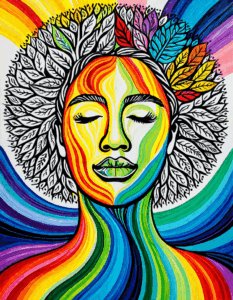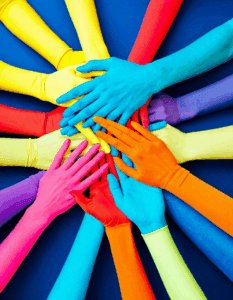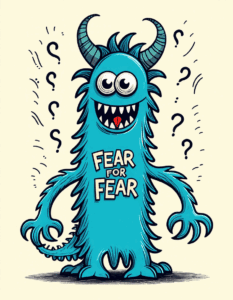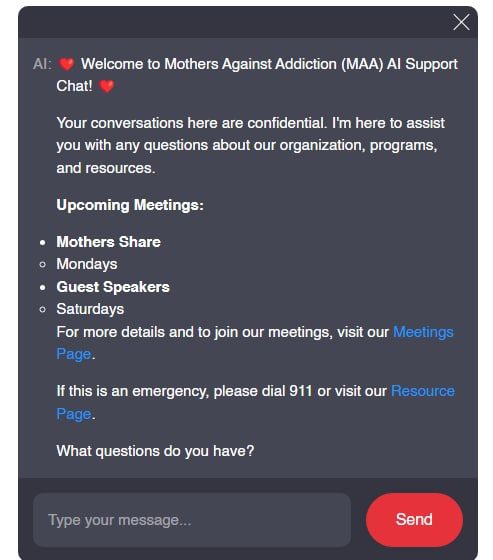Social media and addiction—these two terms are becoming increasingly intertwined in today’s fast-paced digital world. Platforms like Facebook, Instagram, and TikTok have reshaped how we connect with others, but this connection often comes with a cost. Excessive use of social media can lead to significant mental health challenges, such as increased anxiety, depression, and feelings of loneliness. Research has shown that when college students limited their social media time to just 30 minutes a day, they saw marked improvements in both their mood and their mental well-being. This isn’t just a statistic; it’s a wake-up call for us all.
As parents, feeling the weight of this growing issue can be overwhelming. If you have a child struggling with addiction, whether it’s substance-based or rooted in social media, help is out there. Organizations like Mothers Against Addiction offer valuable resources and support for parents in similar situations. You are not alone in this journey, and together, we can navigate the tricky waters of social media’s influence on addiction.
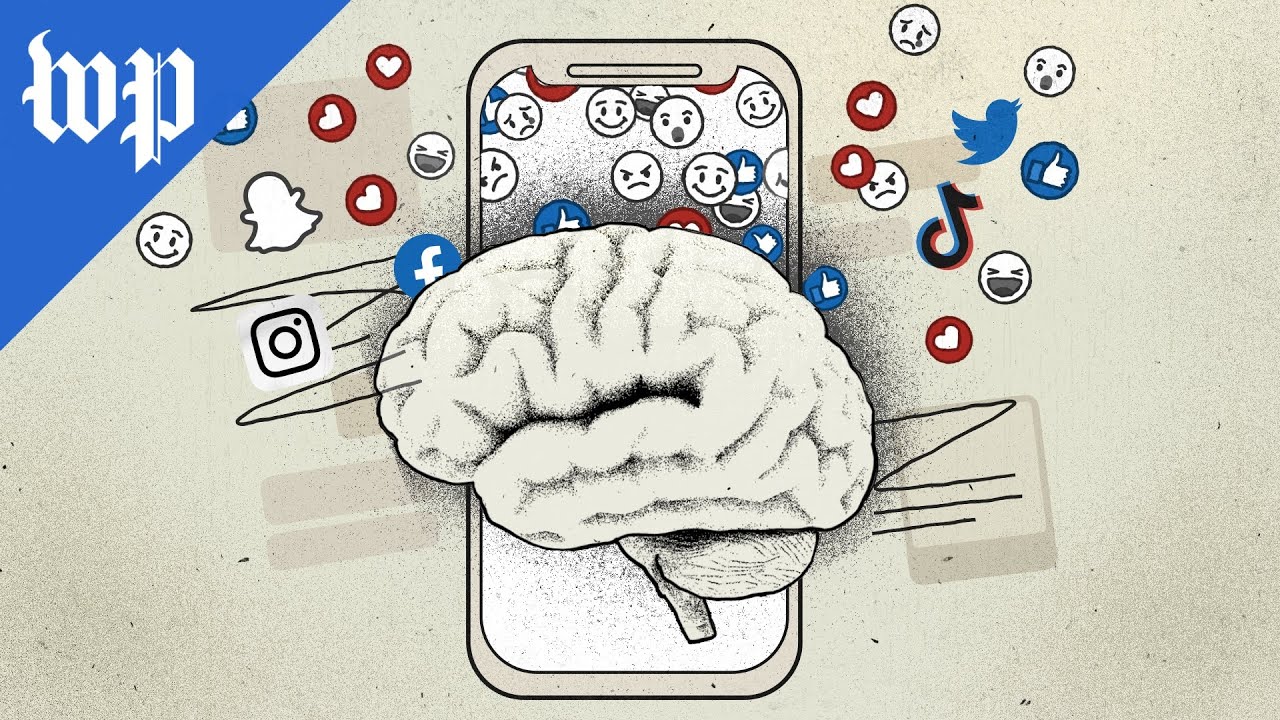
The Impacts of Social Media on Mental Health: A Connection to Addiction
Social media and addiction don’t just affect individuals in isolation; they create ripples that affect families and communities. Constant exposure to curated lives on social media can fuel feelings of inadequacy and isolation. Many people, especially teens, feel pressured to present a perfect image online, which adds to their stress and anxiety. This emotional strain can lead them to seek validation from the online world, creating an unhealthy cycle where they depend heavily on social media for self-worth.
Dopamine—the feel-good chemical released when we receive likes or positive feedback—fuels this cycle. Each notification becomes a small high, making it easy to scroll for hours in search of that next hit. Adults can fall into this trap too, seeking approval or connection that casual face-to-face interactions fail to provide. Unfortunately, this addiction isn’t limited to the young; parents and caregivers can find themselves caught in the cycle as well.
By understanding these impacts, we can become more compassionate towards ourselves and our loved ones who might be struggling. Raising awareness is crucial, especially for parents of children battling addictions. Schools can help pave the way by implementing programs that educate kids on the effects of social media and its potential link to addiction.
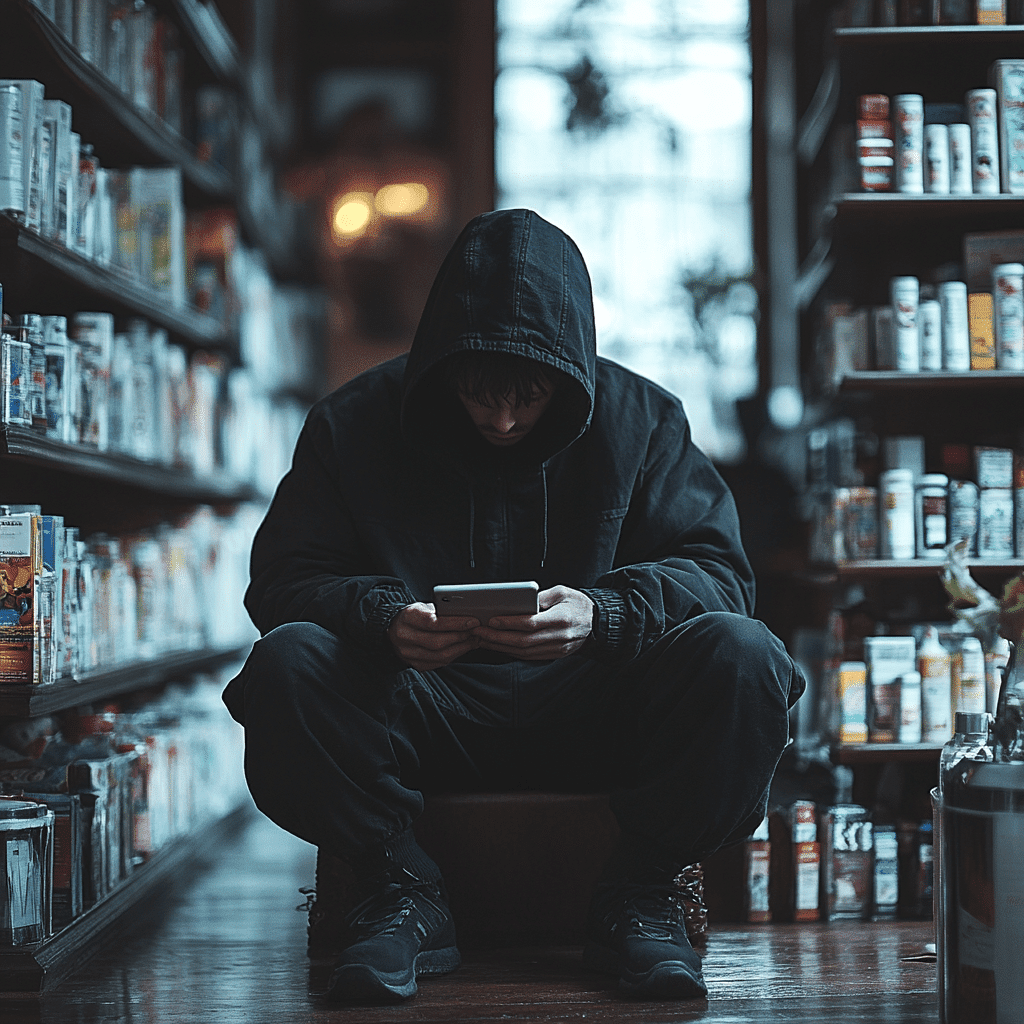
Top 7 Signs You’re a Victim of Social Media Addiction
It’s not always easy to admit when we’re struggling. If you or someone you love is frequently using social media, here are seven signs that may indicate a concerning relationship with these platforms:
Recognizing these signs is the first step towards breaking free from social media and addiction. Remember, acknowledging a problem is not a sign of weakness but rather a brave step toward recovery.
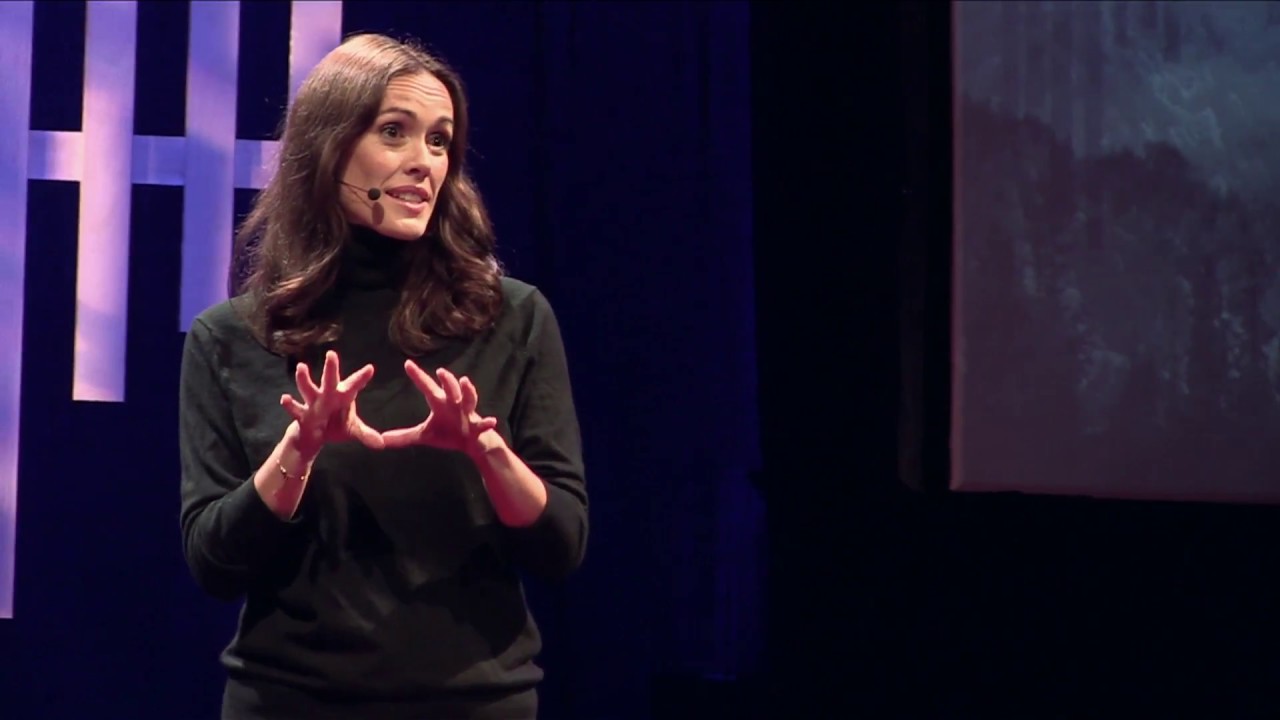
The Role of Algorithms in Fostering Social Media Addiction
Let’s talk about those sneaky little algorithms that keep us hooked. Social media companies like Google and Facebook have mastered the art of engagement through these algorithms, ensuring we stay glued to our screens. Platforms are designed to show content that deserves our attention, which often leads to hours of endless scrolling. Take TikTok, for example; its “For You” page hooks users by curating videos based on behavior, pulling users into a seemingly bottomless pit of entertainment and distraction.
This design has serious implications. The reward mechanisms—likes, shares, and comments—function similarly to addictive substances, releasing dopamine in our brains and creating a desire for instant gratification. We continue to scroll, desperately seeking that next fix, even when we know it might not be in our best interest.
By understanding how these algorithms work, we can make more informed choices about our media consumption. Each of us has the power to reshape our experience and set boundaries, thereby reclaiming our time and mental energy. And as parents, it’s crucial to have open conversations with our children about the algorithms at play—how social media and addiction can be a part of their digital lives without dominating them.
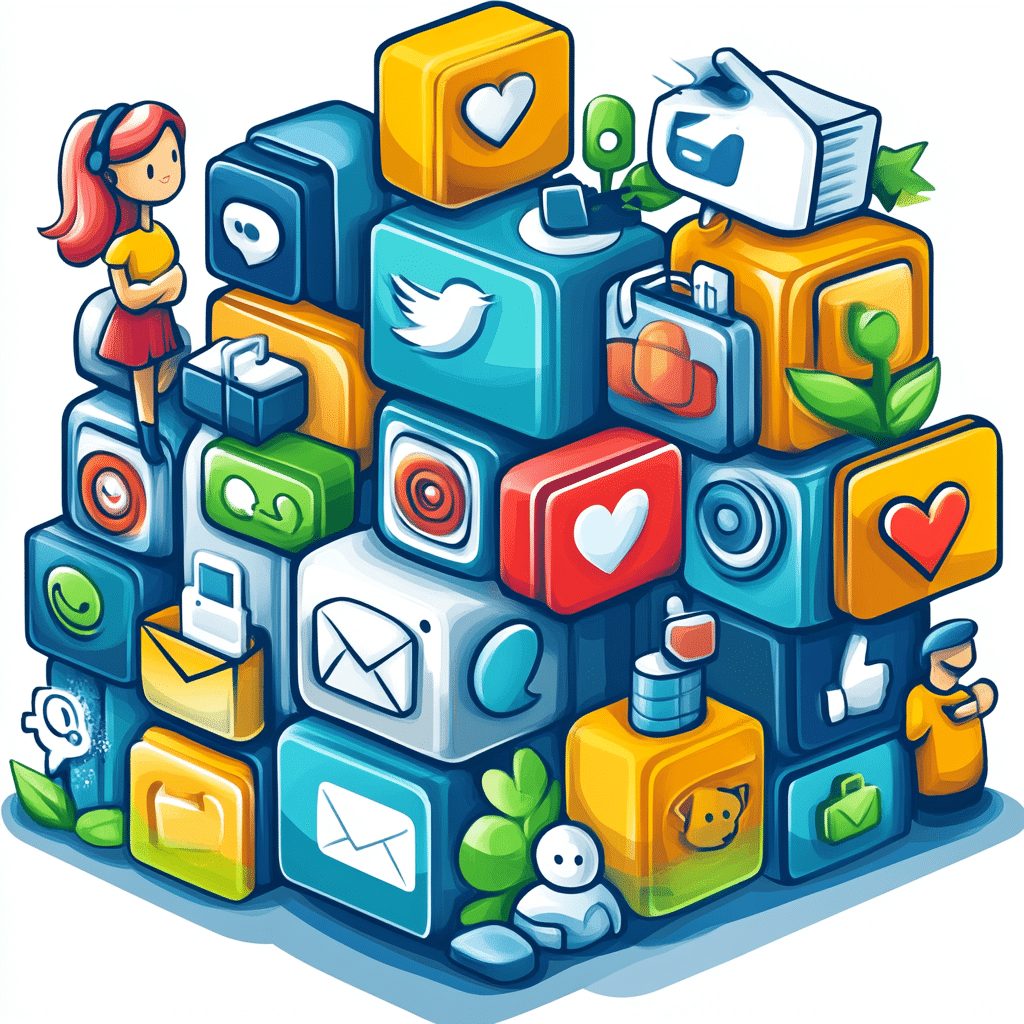
Vulnerable Populations: Who is Most Affected by Social Media Addiction?
When talking about social media and addiction, we can’t overlook the demographics that are more vulnerable to its effects. Adolescents and young adults often juggle multiple pressures, from academics to social lives, and social media adds another layer of complexity. A staggering 47% of teens reported feeling overwhelmed by the pressure to present a perfect life while online, making them particularly susceptible to emotional distress.
Marginalized groups also find refuge in online communities. Unfortunately, what is meant to be a support system can quickly turn into a trap, as individuals might seek connection in spaces that inadvertently foster unhealthy behaviors. Teens struggling with depression, anxiety, or even eating disorders can find themselves spending more time online, further isolating themselves rather than breaking free from social media and addiction.
As parents, it’s imperative to recognize the signs of distress in our children. Encouraging healthy usage and providing emotional support can help create a balanced atmosphere where children feel safe discussing their online experiences. Instead of turning to social media for validation, guiding them back to face-to-face connections can open the doors to healthier relationships.
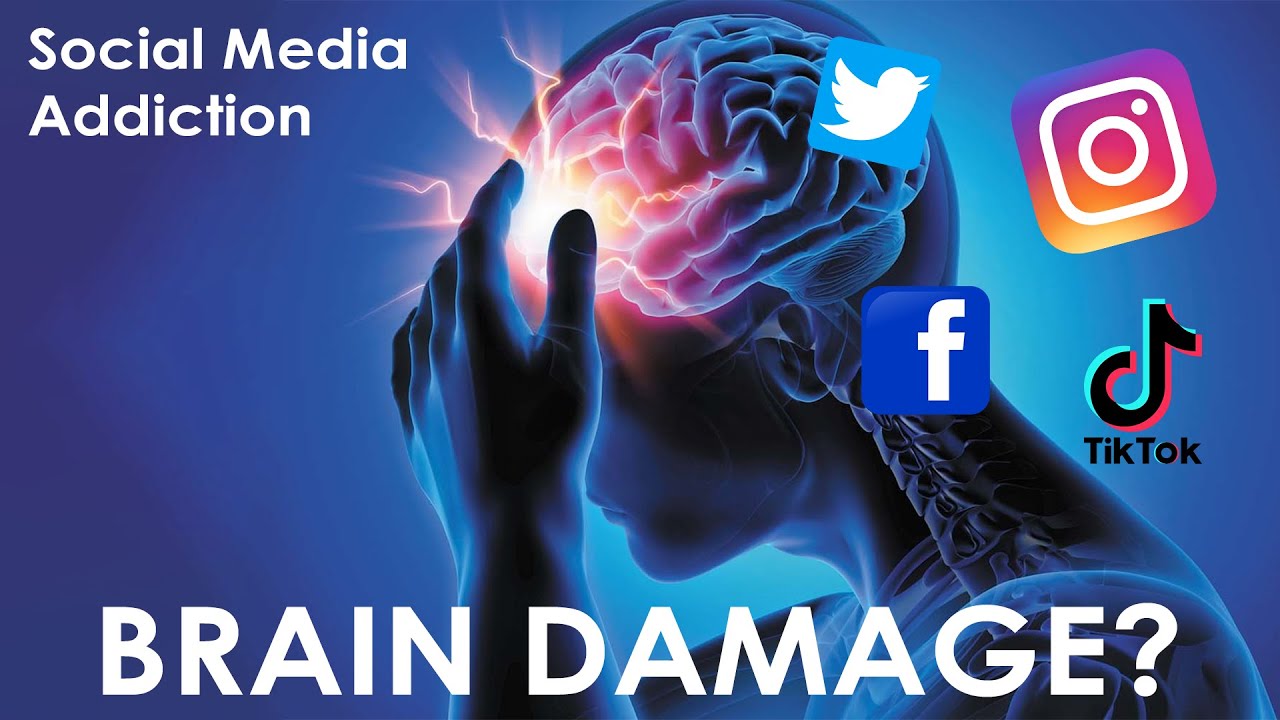
Social Media Reform: What Can Be Done?
The conversation around social media and addiction isn’t just about despair; it also offers hope and opportunities for reform. Here’s where things get actionable:
The examples of social media and addiction show us that reform is possible when collective efforts come together. Each of us can contribute to a healthier digital landscape by fostering conversations and supporting young individuals through their online journey.
Embracing a Balanced Digital Life
As we step deeper into an era dominated by social media, we must acknowledge its potential for addiction. Understanding the signs and mechanisms behind social media and addiction allows us to reclaim our time and focus on what truly matters. Mental well-being should be a priority for individuals and parents alike.
While social media can bring people together, it’s crucial to cultivate a relationship that nurtures mental well-being. Organizations like Mothers Against Addiction offer resources to help parents navigate these complexities, whether their children are struggling with addiction or whether they’re battling their internal demons.
By raising awareness, sharing experiences, and creating a supportive environment, we can navigate the intricate landscape of social media without falling prey to its negative effects. The journey towards a balanced digital life may seem daunting, but with conscious efforts, we can take control and ultimately reclaim our happiness.
Social Media and Addiction: Engaging Fun Trivia and Interesting Facts
The Double-Edged Sword of Digital Connection
Social media and addiction can feel like two sides of the same coin. On one hand, social platforms connect us, but on the other, they can create strongholds of dependency. In fact, studies have shown that excessive social media use can trigger similar brain responses as those seen with substance addiction. Think about that for a second! It’s wild how the Dopamine hit we seek when we scroll through likes and shares relates to the feelings often tied to addiction. For some, it’s akin to what inspires Influencers in sobriety to share their journeys; a testament to both the struggles and victories found online. As we continue this deep dive, let’s also reflect on music’s soothing role in addiction recovery—a( perfect counterbalance to the overwhelming digital noise.
The Celebrity Influence
Speaking of influences, did you know that many celebrities openly discuss their battles with addiction on social media? Their courage shines a light on the issue and can inspire others walking a similar path. Take a peek at our resource highlighting Celebrities Overcoming addiction; it forms a powerful reminder of hope, underscoring that if they can conquer addiction, so can others. However, there’s also the concern of addictive behaviors fostered by the glamorous portrayals seen online. For instance, platforms may feature highlight reels of lives that seem perfect and carefree, but are often far from reality. This can lead watchers to compare their lives unfavorably, causing stress and potential addiction patterns.
A Poetic Reflection
As we wind down, let’s take a moment to reflect on more personal connections. Many parents, like the one behind the touching To My son ‘s girlfriend poem, may turn to social media to share their experiences and emotions. These stories can resonate deeply, providing solace in shared struggles. Additionally, exploring digital engagement Strategies can be incredibly beneficial for those working in addiction services, allowing them to effectively reach out and support families in need. It’s intriguing how social media can be harnessed for connection while also serving as a potential tool for recovery. So, whether it’s the latest trend in entertainment like Kamen Rider gotchard or discussions around relevant societal issues, each click offers opportunities and challenges in equal measure.
Social media and addiction present a complex tapestry of interaction and emotion. As we navigate this landscape, it’s vital to stay aware and proactive in finding balance, ensuring that we harness technology to foster connection, support, and healing.

How does social media contribute to addiction?
Social media feeds into addiction by creating a constant cycle of feedback where users receive “likes” and comments that trigger a dopamine release in the brain. This reward makes people crave more interaction, leading to prolonged use that often feels hard to control.
How many hours on social media is considered addiction?
Experts generally consider more than three hours a day on social media as “heavy use” and a potential sign of addiction. It’s not just about the time spent; it’s how that time affects your life and relationships.
How social media addiction affects youth?
Youth often face mental and physical health challenges due to social media addiction, including depression, anxiety, eating disorders, and issues with sleep. These pressures are exacerbated by the highlight reels they see online, which can distort reality.
What are two major symptoms of social media addiction?
Two major symptoms of social media addiction are the inability to reduce usage and feeling restless or anxious when unable to check social media. These signs indicate that social media is impacting daily life in a significant way.
What is the root cause of social media addiction?
The root cause of social media addiction often lies in the desire for social validation and connection. The way platforms are designed, with likes and shares, plays into our natural need for acceptance and belonging.
Why is TikTok so addictive?
TikTok is particularly addictive because it offers quick, engaging content aimed to keep users scrolling for hours. The endless stream of short videos triggers the brain’s reward system, making it hard to stop watching.
Who is most affected by social media addiction?
Teens and young adults are most affected by social media addiction, as they’re still developing their identity and social skills. They often struggle to find a balance between their online and offline lives.
How to detox from social media?
Detoxing from social media can start with setting clear boundaries, like limiting daily use or taking short breaks. Gradually reducing screen time and finding alternate activities can also help ease the transition.
Is 1 hour of social media a day too much?
One hour of social media a day isn’t necessarily too much for everyone, but it depends on how that hour fits into a person’s life. The key is whether it impacts mental health or relationships negatively.
What are 10 disadvantages of social media?
Ten disadvantages of social media include issues like decreased face-to-face communication, increased anxiety and depression, loss of privacy, cyberbullying, and a tendency to compare oneself to others, leading to feelings of inadequacy.
Does social media cause overthinking?
Social media can indeed lead to overthinking as people analyze likes, comments, and online interactions, resulting in increased anxiety and self-doubt.
Why is social media addiction harmful?
Social media addiction can be harmful because it can negatively affect mental health, contribute to feelings of loneliness, disrupt sleep, and lead to decreased productivity and real-life connections.
What does withdrawal from social media feel like?
Withdrawal from social media can feel similar to other kinds of withdrawal; people may experience irritability, anxiety, and even physical sensations as they adjust to life without constant online interaction.
What is considered excessive social media use?
Excessive social media use is generally described as spending several hours a day on platforms, to the point where it interferes with daily responsibilities or social interactions. It can lead to unhealthy habits and isolation.
How does social media affect the brain?
Social media affects the brain by hijacking the reward system, releasing dopamine when users receive likes or comments, which can lead to compulsive sharing and checking.
What are the harmful effects of social media?
Harmful effects of social media include negative impacts on mental health, increased risk of addiction, and potential disruption to real-life relationships and communication skills.
Why is the internet so addictive?
The internet is addictive because it’s designed to capture attention, offering instant information, entertainment, and social interaction. The endless possibilities keep users engaged well beyond their intent.
What are social influences on drug use?
Social influences on drug use can be significant, as social media often glamorizes substance use or exposes youth to drug culture, potentially making them more prone to experimentation and addiction.
Why are people addicted to their phones?
People can become addicted to their phones due to the constant access to information, social connections, and entertainment. This reliance on digital devices for validation and stimulation can make it tough to unplug.

